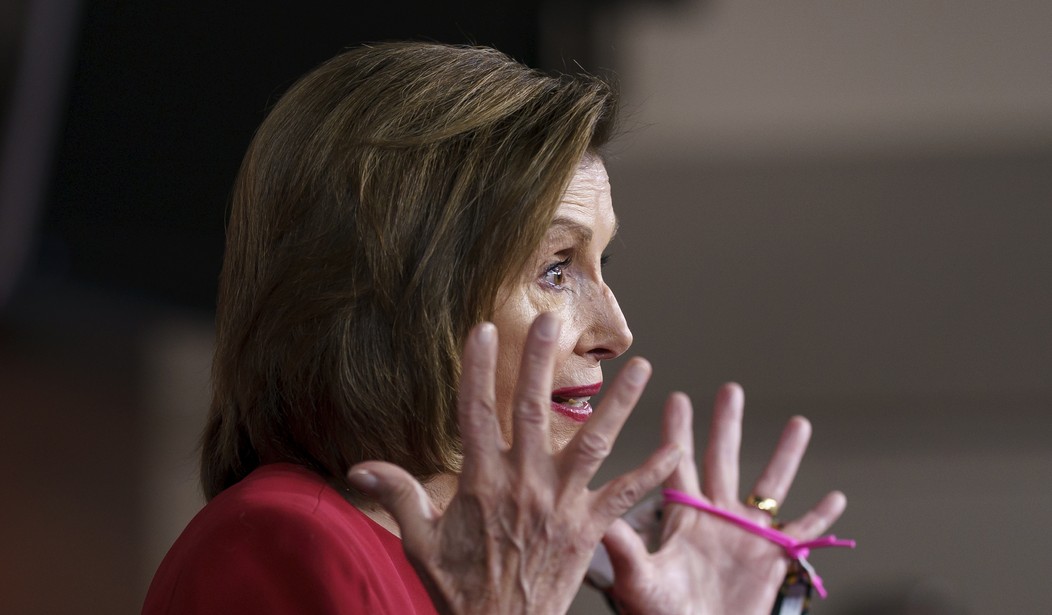Negotiations in Washington continue on how to pare down the $3.5 trillion tax-and-spend reconciliation bill to a point where it’s acceptable to both hyper progressive and blue dog Democrats. As such, some of the more egregious taxes and spending items are reportedly being stripped out of the new text during talks. Unfortunately, it does not appear that the idea of a wealth tax is on the chopping block. This is a shame considering the proposal would hamper investment and is almost certainly unconstitutional.
While the proposal that will make its way into the final text is not the same as that put forth by Sens. Elizabeth Warren (D-MA) and Bernie Sanders (I-VT), it is still a threat to the U.S. economy. Warren’s proposal calls for a three percent tax on wealth (net worth) above $1 billion. Simply, under this plan, if someone were worth $3 billion, they would have to pay three percent of their excess $2 billion in wealth. This would come out to $60 million in extra taxes on one individual in this hypothetical financial scenario.
The current proposal could potentially be more harmful. The effort to implement this latest attempt at a wealth tax is being spearheaded by Senate Finance Committee chairman Sen. Ron Wyden (D-OR). This proposal would implement taxes on unrealized capital gains. This means that if someone’s stock portfolio or other assets and worth appreciated in value over the year, that gain would essentially be considered income. More upsettingly, it would be treated as income regardless of whether or not its owner sold those assets or actually ended up seeing any of that money.
The problem with this is the false assumption that net worth appreciation means these billionaires are sitting on massive loads of liquid cash reserves. Many of these funds are in assets that are illiquid and cannot be moved or sold at a moment’s notice. The most common of these is real estate. As Fisher Investments points out – as will anyone who is even semi-literate in business – assets are only worth what someone is willing to pay for it at any given time. Wealth appreciation is purely an imaginary, academic exercise until an actual transaction is made.
Recommended
For years, even the most populist among us had some understanding of this very basic truth. Capital gains have only been taxed upon sale of that certain asset and when the owner actually earns cash from it. Capital gains have also not been treated as regular income because it drives long-term investments and job creation. Inflation also tends to mitigate many long-term gains.
Unfortunately, the Wyden plan tips this balance on its head. At a time where the economy is struggling to recover from the lasting crippling effects of pandemic lockdown measures, politicians ought to be encouraging every cent of investment into the economy as possible. Instead, the goal seems to be to make it increasingly risky to try to create jobs and invest in upstart businesses. This is being done not out of financial necessity, it is being done to fund and advance a partisan agenda. Provisions like these would make sure the economy continues to languish in mediocrity.
Proponents are trying to pitch this proposal as a “mark-to-market” system to avoid the stigma of a wealth tax. Make no mistake, this is still a wealth tax. Investors would be forced to pay for investment gains of which they’ve yet to see the benefits. And, this will happen every single year. This is a punishment for accruing assets and making smart, efficient investments.
Given that this is a wealth tax, its constitutionality must be called into question. The Constitution states that all direct taxes must be equally apportioned among the states. Given the wealth disparity amongst the states, this makes one-size-fits-all direct taxes a tricky business. That is why the income tax needed its own amendment to be able to pass into law. Two Supreme Court precedents uphold this conclusion. In Pollock v. Farmers Loan and Trust Company, the Court found that the income tax had to be apportioned to be constitutional. Hence, the Sixteenth Amendment became necessary. Again, in Eisner v. Macomber, the Court found that any direct tax that was not an income tax was unconstitutional.
With the Wyden plan taxing unrealized capital gains, it cannot reasonably be considered an income tax. It also cannot be considered to be apportioned amongst the many states because wealth on the scale being discussed is concentrated in a select few locations. It is also very clearly a direct tax. Thus, in order to get away with such a harmful proposal – legally – congressional Democrats would need to pass a constitutional amendment. Hopefully, they’ll reconsider this foolish strategy for generating revenue that will hold down the economy and unfairly punish those who invest in American businesses.

























Join the conversation as a VIP Member